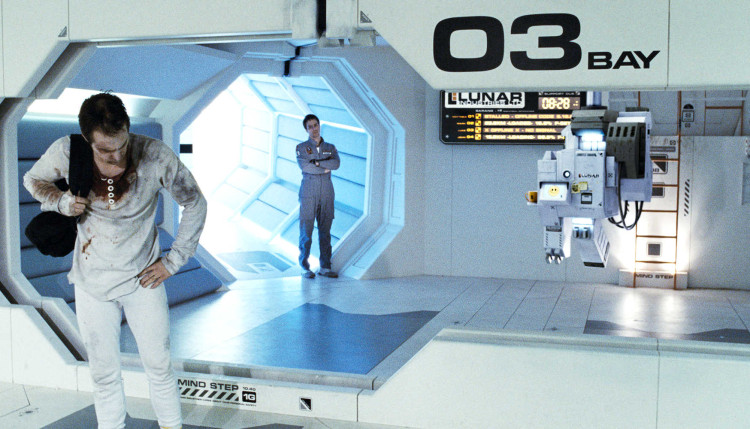
ENGL 191: Science Fiction
We live in a science-fictional universe. We know this to be true because someone asserts it roughly every thirteen seconds. What this hypothesis suggests is not just that some of the shiny techno-fantasies of science fictions past have become parts of our day-to-day reality (cell phones for all; jetpacks for some), but rather that science fiction is now the literary and cultural formation best equipped to represent the world we inhabit. In eras past, the sea narrative or the documentary film or the soap opera or the historical novel might have been more fitting, more capable of illuminating the circumstances and problems of an era; now, though, is science fiction’s time. The project of this course, then, will be to test this hypothesis, and to think about the ways in which science fiction—in addition to being endlessly fun and entertaining!—matters.
Science fiction has long occupied a strange, somewhat precarious position in Western culture. Popular but nerdy, lucrative but marginalized, the stuff of dreams but the butt of jokes, it is both a driving force behind literary history and a counter-tradition at the margins of that history. We will encounter works that remain squarely in the realm of “low culture,” works that have ascended to “high culture,” and works that fall somewhere in the middle. We will expand our internal definitions of science fiction to include more than murderous robots (though of course we have some of those), alien women in metallic bikinis (very few of those), and implausible spaceships (how could we leave those out?). We will look at science fiction as an exploration not only of new technologies and their influence on society, but of the potential changes wrought by other kinds of conditions— economic, legal, cultural, ethical, biological. We will try to think science fiction as the literature not just of the future but of the present, and we will think seriously about the rhetorical nature of the future, the influence that imagined futures can have on the contemporary world and its inhabitants.
As science fiction’s cultural energy is scarcely confined to novels, we will do our best to branch out into other media. We’ll read novels and short fiction by William Gibson, Octavia Butler, Philip K. Dick, James Tiptree, Jr., and other SF luminaries, but we’ll also read graphic novels about technologically altered animals, watch films about alien slums and genetic sequencing, sample TV shows about deep-space travel and high-tech brothels, and even play our way through at least one physics-altering video game.
While the reading list is long as it is, numerous classic (or excellent but underappreciated) works had to be left out. I hope for this class to serve as the beginning of a love of science fiction, not the final word on the topic.